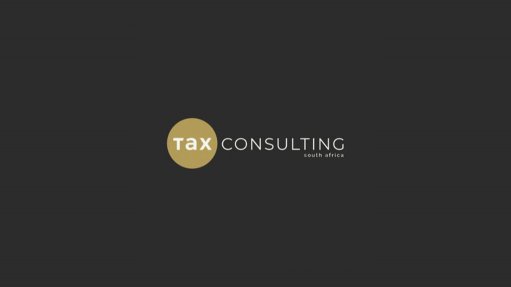
On 27 June 2024, SARS announced its enhanced Beneficial Ownership disclosures for the 2024 Filing Season. Not even 24 hours later, the CIPC issued a Media Release enforcing BO declaration, to be able to file Annual Returns. This may simply be a compliance coincidence, but more likely a strategic move to eradicate non-compliance for companies, trusts, and partnerships, on all levels.
Remember, full disclosure of BO in all legal entities, including companies, trusts and partnerships, is required by both the CIPC, and SARS, in the form of BO registers, and declarations on both company (ITR14) and individual (ITR12) tax returns.
These BO registers not only aid in ensuring accountability in financial transactions but are also integral in the furtherance of international co-operation and the exchange of accurate BO information with foreign competent authorities.
In the furtherance of SARS’ on-going compliance crusade, the newly implemented requirements by both organisations are far from arbitrary and give credence to raising South Africa’s regulatory and compliance monitoring to be on par with international standards, and hopefully aid in removing South Africa from the Financial Action Task Force’s Greylisting.
Per the FATF Action Plan for South Africa, under Immediate Outcome 5, BO sharing with other competent authorities is highlighted as a key strategic deficiency to be remedied by September 2024:
Excerpt from South Africa’s Action Plan
It appears that, in an effort to ensure timeous execution of IO5, both SARS and the CIPC have implemented their respective new requirements, and enhanced compliance processes around taxpayer BO Registers and declarations.
CIPC Joins SARS’ Compliance Crusade
If you hold BO in relation to a company, you should already be aware of the BO Register functionality on the CIPC E-Services platform which was implemented last year already:
CIPC Beneficial Ownership Form
What you may not however be aware of, is that, with effect from 01 July 2024, the CIPC is strictly enforcing the submission of Beneficial Ownership Declarations, to the point where you cannot file your Annual Return without one!
In its media release dated 28 June 2024, the CIPC had the following to state on this compliance enforcement measure:
Excerpt from CIPC Media Release, dated 28 June 2024
Taking the far-reaching impact of incorrect BO disclosures into account, understanding and complying with these requirements are essential for all affected taxpayers, particularly those involved in partnerships, companies, and trusts, which engage in international transactions.
SARS Pistons Aimed at Beneficial Owners This Filing Season
At a high-level overview whilst encompassing the basics, all individuals who either own, or in some manner, exercise control over a company, areconsidered to hold BO in that company.
In the case of a Partnership, for the 2024 Filing Season, taxpayers are now required to “complete the Details of Partners (excluding yourself)” on their individual tax returns, ensuring alignment with the existing BO requirements and prior disclosures.
Breaking it down simply, this includes, but is not limited to persons who:
- Hold a beneficial interest in shares of the company;
- Is able to exercise voting rights and director changes in the company;
- Is able to control voting on company decisions, or director changes in the company; or
- Holds the power to materially influence, either directly, or through a chain of control, the management of a company, or other legal entity, body of persons, partnership, or other persons, acting under the provisions of a trust agreement.
This more stringent disclosure flows from the definition of “Beneficial Owner” encompassing partners, natural persons exercising executive control, and legal or natural persons acting on behalf of the Partnership:
Excerpt from section 1 of the Tax Administration Act, 28 of 2011
If you fall into any of the above categories, or in some other fashion, exercise direct or indirect control over the operations of a company, partnership, or another form of legal entity, active steps must be taken immediately, to ensure compliance with your 2024 Filing Season obligations.
Keeping Your Compliance Up to Date
To ensure your company, partnership or trust, does not fall foul of these new enhanced compliance processes, and keep your focus on your business’s continued success, it is recommended these administrative functions be outsourced to the experts. Time is money and it only makes sense to use a seasoned CIPC and Tax specialist who understands how to seamlessly navigate the new enhanced compliance requirements.
However, where you have already violated these new requirements, or are wholly uncertain of your, or your company or Partnership’s compliance status, it is prudent to approach an astute corporate and tax attorney, to run a diagnostic on both your CIPC and SARS affairs.
Not only does this ensure legal professional privilege on all disclosures, but also being specialists in their own right, guarantees the correct remedial measures are executed post-haste, be it with CIPC, SARS, or the Financial Intelligence Centre.
Written by Jashwin Baijoo, Head of Strategic Engagement & Compliance at Tax Consulting SA